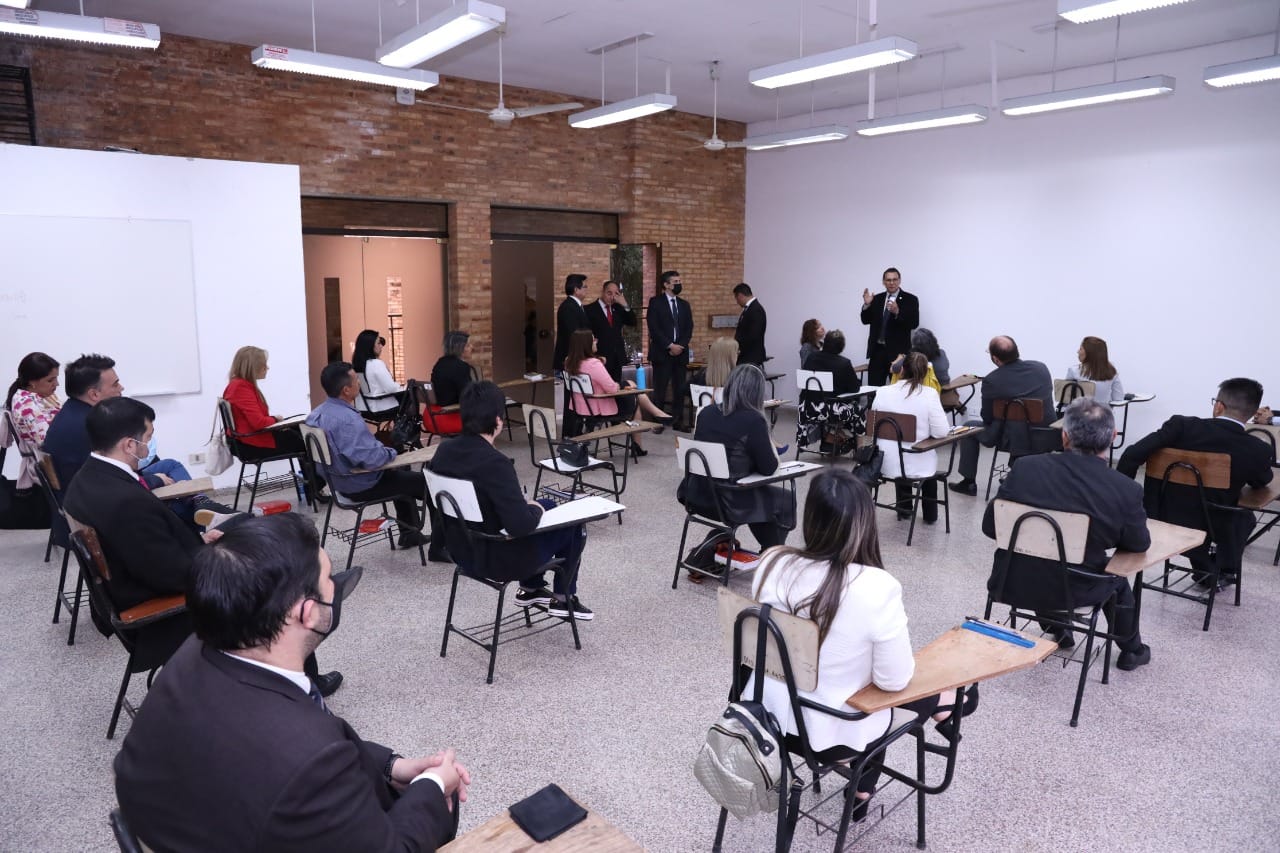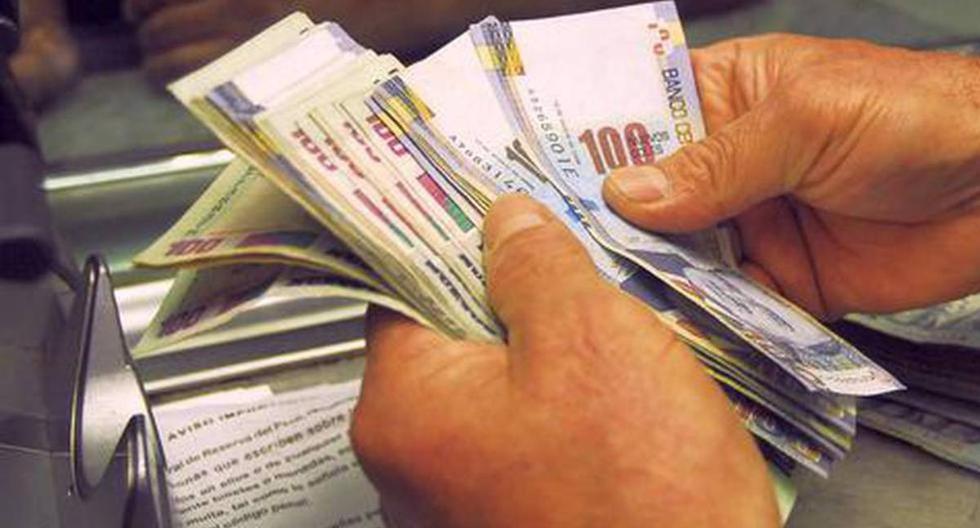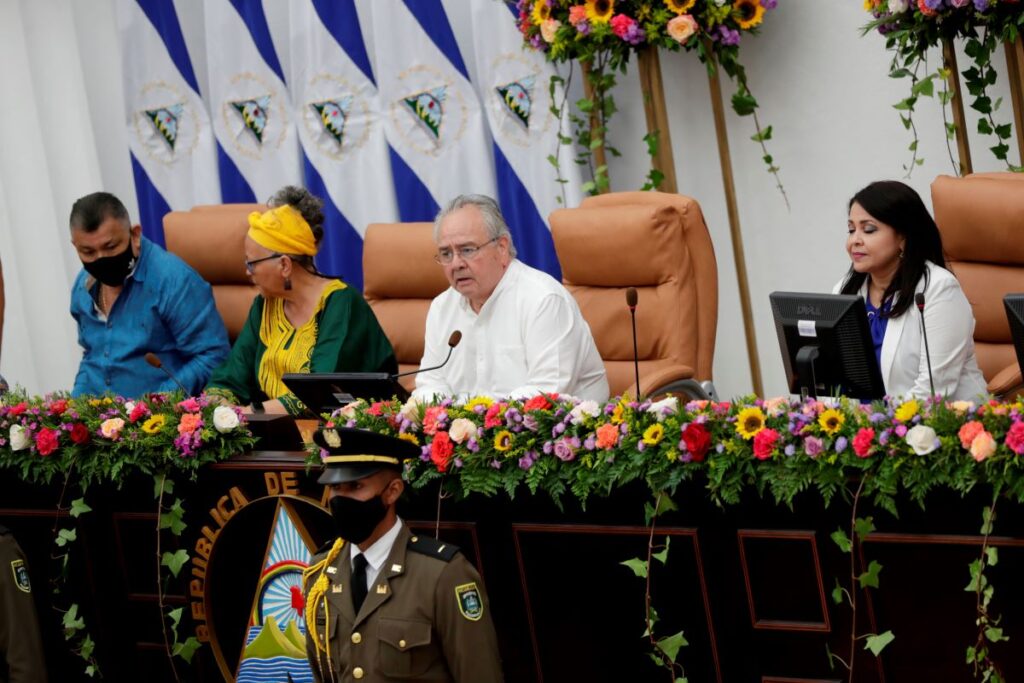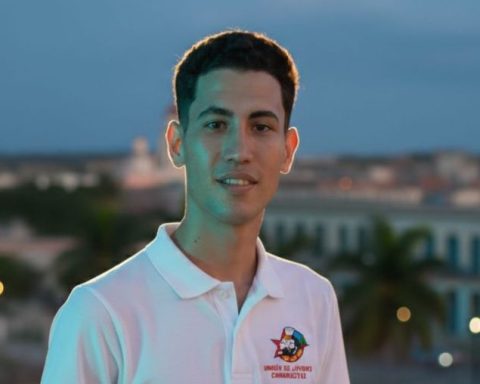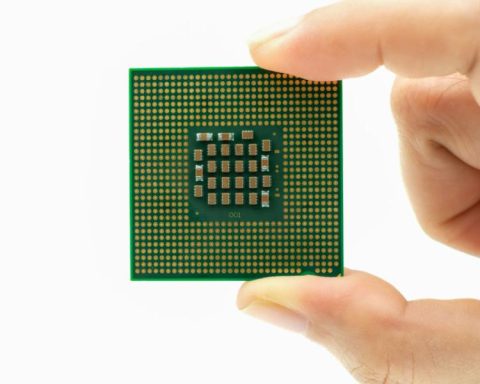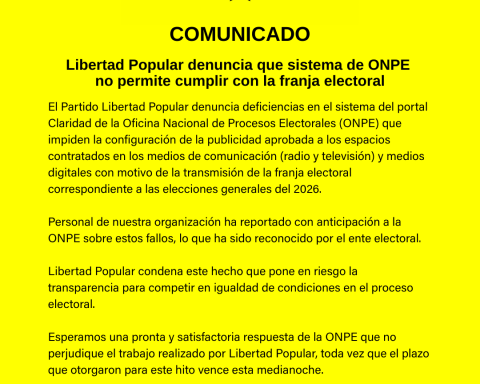In competition for the maintenance of their own positions, a total of 162 chamberlains, judges and prosecutors took their exam at the Judicial Council (CM). However, 67 of the applicants failed the tests, while only 95 achieved the required score to remain in their position.
The edicts were called for 2021, but due to the pandemic, the thematic axes, the number of applicants, not to mention the new selection regulations, the evaluation stages are now being developed. The results mentioned correspond to the general knowledge tests, which are clearly related to the National Constitution.
Another stage of the evaluation corresponds to more specific knowledge, according to the positions of the applicants and their privileges. Subsequently, the evaluative interviews with the members come and then each position would be in a state of study for its integration into the list.
However, it is essential to bear in mind that due to Law 5536, the CM is obliged to include the incumbents in the position in the list. This means that, despite having been postponed, the contestants will make up the list anyway, and then their final designation will be left to the discretion of the Supreme Court of Justice (SCJ).
PROJECTED FAILURE
“This shows quite clearly and forcefully that the training of a high percentage of the magistrates of our country is far below the needs for their position,” said Dr. Marcelo Duarte, lawyer and former national senator.
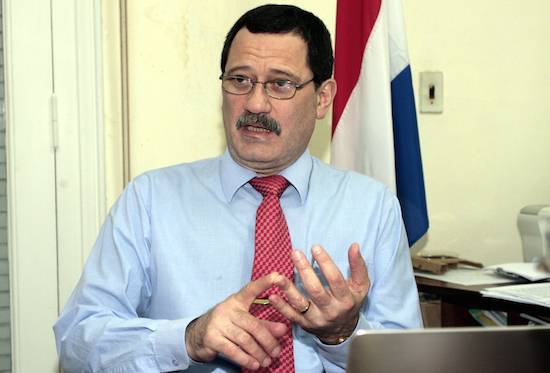
Dr Marcelo Duarte
For the analyst, the delay observed in a significant percentage exposes defendants to serious situations, apart from contributing to the vulnerability of justice in our country, in terms of its level of impartiality. In this way, with similar results, the judicial failure is projected at the national level.
“That a magistrate, regardless of his rank, have a qualifying title,
it does not necessarily guarantee that it has sufficient capacity to carry out its task, because the quality of the educational system in universities, schools and colleges is very poor”, Dr. Duarte unleashed.
For the analyst, this type of situation ends up demonstrating a high percentage of inefficiency in the profile of the country’s magistrates. In this regard, the lawyer stressed that the aforementioned reality calls for short, medium and long-term solutions.
One of the central actions that should be taken into account is in academic terms, starting with a kind of purification in universities, taking into account the high level of proliferation of the same, with no bases that truly benefit the professional preparation of lawyers. , judges, prosecutors, etc.
“Graduating from a university does not guarantee sufficient knowledge to start the profession. In fact, in countries like the US, the lawyer cannot practice without having the approval of the bar of the district in which he would practice”, the specialist exemplified.
Thus, demonstrating that it is necessary to have a license, beyond the title itself, to validate the ability to correctly practice the profession. In our country, the aforementioned function would be fulfilled by the Bar Association, but we do not have any instance that can determine or qualify the level of preparation of professionals.
